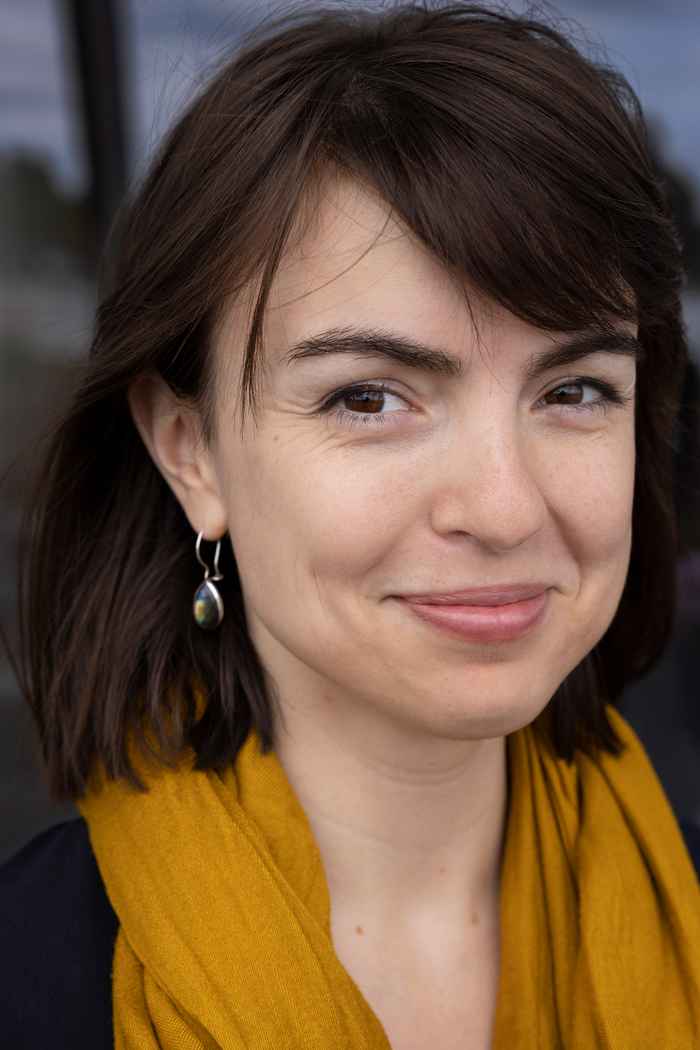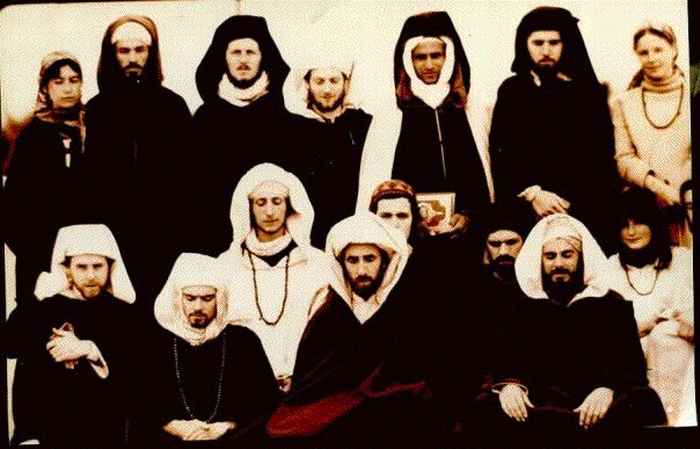The movement of conservative Europeans converting to Islam
21 June 2022

Sibgatullina was able to conduct her research into the movement of Europeans who are converting to Islam with the aid of a Marie Skłodowska-Curie Action Fellowship. Her home university is the University of Amsterdam. In addition, she is conducting part of her research at the George Washington University.
‘When I started the research, I expected to find a very marginal movement, but it turned out be much larger than I thought’, says Sibgatullina. Her initial findings also indicated that this was not only a recent development. ‘The first converts that I know already converted in the 1960s. Their family is now second-generation Muslim.
180 degree U-turn
Joram van Klaveren, the former right-hand man of Geert Wilders, was very critical of Islam during his time with the Dutch political party the Party for Freedom (Partij voor de Vrijheid, PVV). In 2018, he converted to the Islamic faith. Sibgatullina: ‘All media presented him as Anti-Islam and racist, and now he had suddenly become Muslim himself. My question is then: is it actually true, has he really made a 180 degree U-turn?’
The incident was not isolated: Sibgatullina discovered that a conservative, right-wing ideology is frequently cause for affinity with Islam. ‘On the face of it, that seemed to be a paradox to me: these are actually people who do not want cultures to intermix; who advocated the superiority of European civilisation. It seemed illogical to me that they could opt for Islam.’
Labels
This discovery was the preface to an interesting, but complex, investigation. ‘You always have to be careful with the labels ‘right-wing’ and ‘left-wing’, because opinions are sometimes more right-wing culturally, but left-wing economically, or vice versa. That is why labels like ‘populist’ or ‘extremist’ are not precise enough, and more likely to be a distraction than an addition’, says the researcher.
‘Right-wing is quite a broad term. You have the extreme-right branch, with people who are a genuine threat to society, but it can also refer to conservative values, such as a traditional allocation of roles between man and women.’
Attraction
‘Another example of the attraction of Islam is in the field of economics. Some converts think that the banking system in modern Western society has gained to much power and that Islam can help to rein in that power’, she says. ‘High interest is viewed as usury in many Muslim communities. Converts argue that the Western economic system should adopt this Islamic principle to prevent exploitation and unfair distribution of wealth.’

The young generation of converts are trying to find a European version of Islam, explains Sibgatullina. ‘They are certainly not left-wing. It is still ‘not done’ to appoint female imams, for example, but they are opposed to the more radical movements, such as Salafism. They are trying to integrate Islam into European culture, lifestyle and values.’
Not all European converts can be categorised in the same group. ‘Europeans who have converted and joined ISIS form another group entirely: they often come from economically and socially deprived groups. The group that I am researching is actually part of the upper middle class. The similarity between the various groups is criticism of society, but they offer different solutions to current problems.’
Popularisation
‘The idea that Muslims must be assimilated or invisible in society is causing many social tensions and leading us in the wrong direction’, argues Sibgatullina. ‘The projects from the 2000s to define a liberal European Islam have made way today for the discussion about how Islam can be moderately conservative. The European converts are contributing to this.’
‘A discussion that is currently being held is that Muslims supposedly have no connection with Europe; that they are still spiritually connected with the Middle East. Converts talk and write about the fact that Muslims not only have a lot of history in Europe, but have also contributed to the development thereof. Their voice is being accepted more quickly, among other reasons because they are Western people with a European appearance.’
Sibgatullina sees that the debate about Islam in Europe is changing, albeit slowly, Not least because European Muslims, especially those who were not born on the continent, are increasingly participating in the public debate about important social and political questions. ‘To give an example: in the Netherlands an initiative has now been started — Het Nederlands Moslim Archief (the Dutch Muslim Archive) — in order to map out the history of Islam in the Netherlands. In my opinion, that is a clear sign that Dutch society is taking steps to recognise Muslims as indisputable participants in the past and future developments of Europe.’